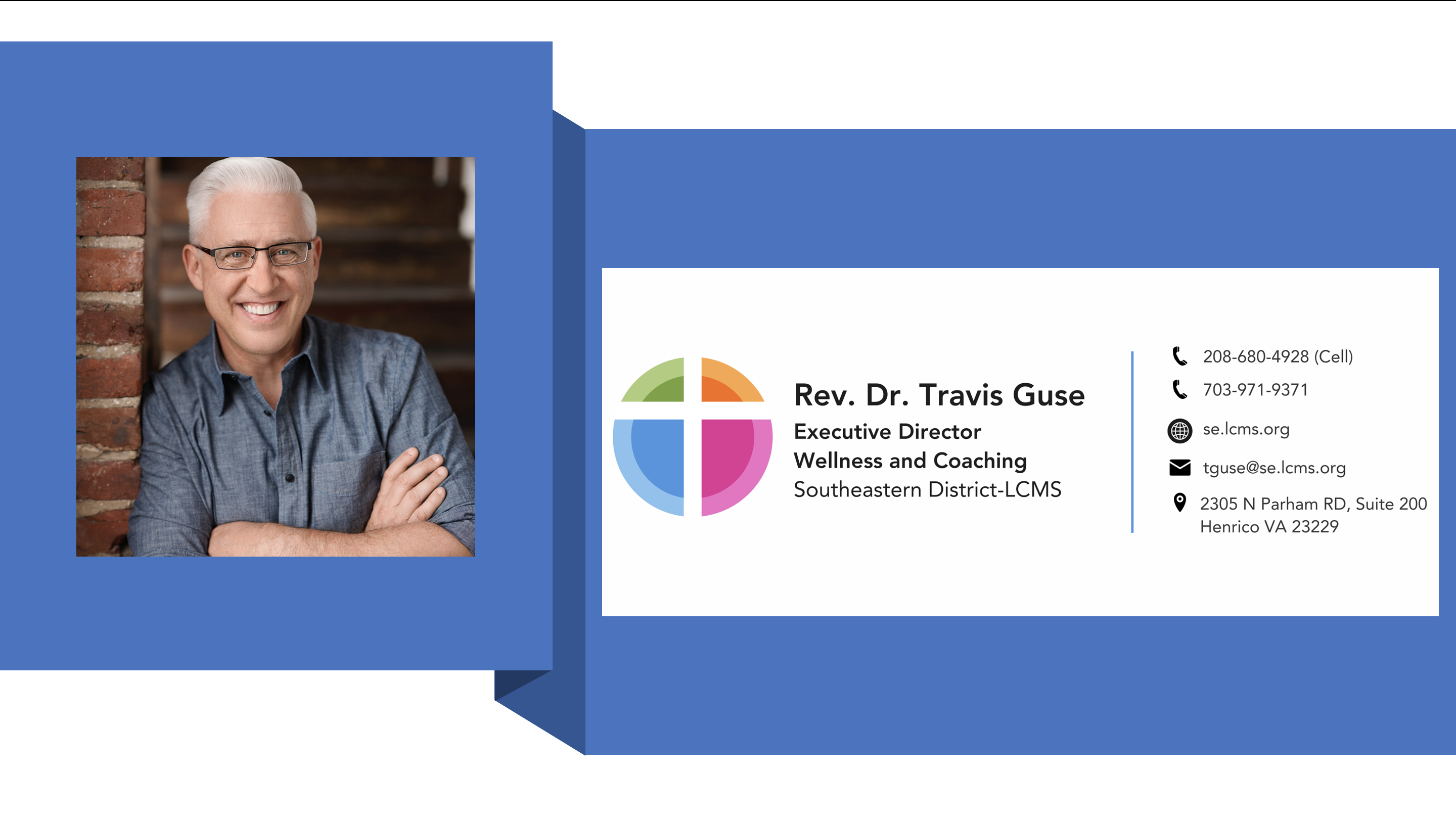
Wellness Wednesday – “Thriving In Life (The PERMA Well-Being Model)”
What does it look like to thrive in life in terms of your wellness and well-being? That is a question that many have endeavored to answer. Many have focused their energy on addressing things that rob us of health and wholeness. Much of the field of medicine focuses on managing symptoms and addressing maladies rather than on what indeed promotes health in a preventative manner. The same is true for the field of psychology. Much of the field of psychology and counseling has focused on what is wrong with us and how to “fix it” or heal from past pain. Focusing on elevating what ails us in life is an essential factor in improving one’s overall wellness and well-being.
However, recently there has been a shift in perspective regarding improving one’s overall well-being from simply focusing on fixing what is wrong with us to an equally important emphasis on identifying what is right with us and building on it. Martin Seligman, father of what is known today as “Positive Psychology,” began to ask a different question about what it looked like to thrive in life regarding one’s well-being. What if, he began to wonder, he studied well-being instead of unhappiness, accomplishment instead of failure, strength instead of sickness? Instead of solely seeking to relieve misery and address the disabling conditions of life, Seligman set a new vision starting in 1998 as the new president of the American Psychology Association, “I urged psychology to supplement its venerable goal with a new goal: exploring what makes life worth living and building the enabling conditions of a life worth living.”
In doing so, Seligman discovered through his research five elements that lead to human flourishing, eventually becoming his theory of well-being known as PERMA. This acronym stands for:
- P – Positive Emotion: Positive Emotion is much more than happiness. Positive emotions include hope, joy, love, compassion, amusement, and gratitude. Positive emotions are a prime indicator of flourishing and can be cultivated. However, this does not mean we need to repress negative emotions. Instead, we can accept all emotional experiences but expose ourselves to situations where positive emotions arise naturally.
- E – Engagement: According to Seligman, engagement is being one with the music. Engagement is similar to the concept of flow. It refers to a loss of self-consciousness and complete absorption in an activity. It is mindfully focusing on the task at hand, utilizing the best you have to offer in terms of your God-given gifts, talents, and strengths in life.
- R – Relationships: Relationships encompass all the interactions individuals have with partners, friends, family members, and their community at large. This part of the model refers to feeling supported, loved, and valued by others.
- M – Meaning: Meaning is defined as belonging and serving something greater than ourselves. Having a purpose helps individuals focus on what is important in the face of significant challenges or adversity.
- A – Achievement: A sense of accomplishment results from mastering an endeavor and working towards goals. Achievements contribute to well-being because individuals can look at their lives with a sense that they have contributed to something beyond themselves.
Later, there would be a 6th element added by others working in the field of positive psychology, “V” for Vitality (or in some cases “+”), which includes the importance of things that promote wellness and well-being, like optimism, exercising, eating right, getting enough sleep, etc.
We will be focusing on this PERMA-V (or PERMA+) model of well-being in the following number of “Wellness Wednesday” posts and newsletters, focusing on how you can begin to take proactive steps to improve each of these different aspects of well-being in your life. However, in the meantime, here is a quick online survey you can take to assess how you are doing in terms of your overall well-being according to this PERMA model – https://www.purposeplus.com/survey/perma-profiler/.
In John 10:10, Jesus says, “The thief comes only to steal and kill and destroy. I came that they may have life and have it abundantly.” Jesus desires us to experience His abundant life eternally, made possible by Him being the “good shepherd” who laid down his life for us, His sheep. (John 10:11) However, Jesus also desires us to know His abundant life here today, in a life in which we experience the Fruit of the Spirit (Gal 5:22-23), being good stewards of the gifts and talents God has given to us, encouraging and being encouraged through authentic Christian community, living a life of love and service to other, and making a Kingdom difference beyond ourselves in our communities and our world today. Through these “Wellness Wednesday” communications, I hope and pray that you experience more and more of that abundant life of Christ in the weeks to come as we explore this PERMA-V well-being model.
